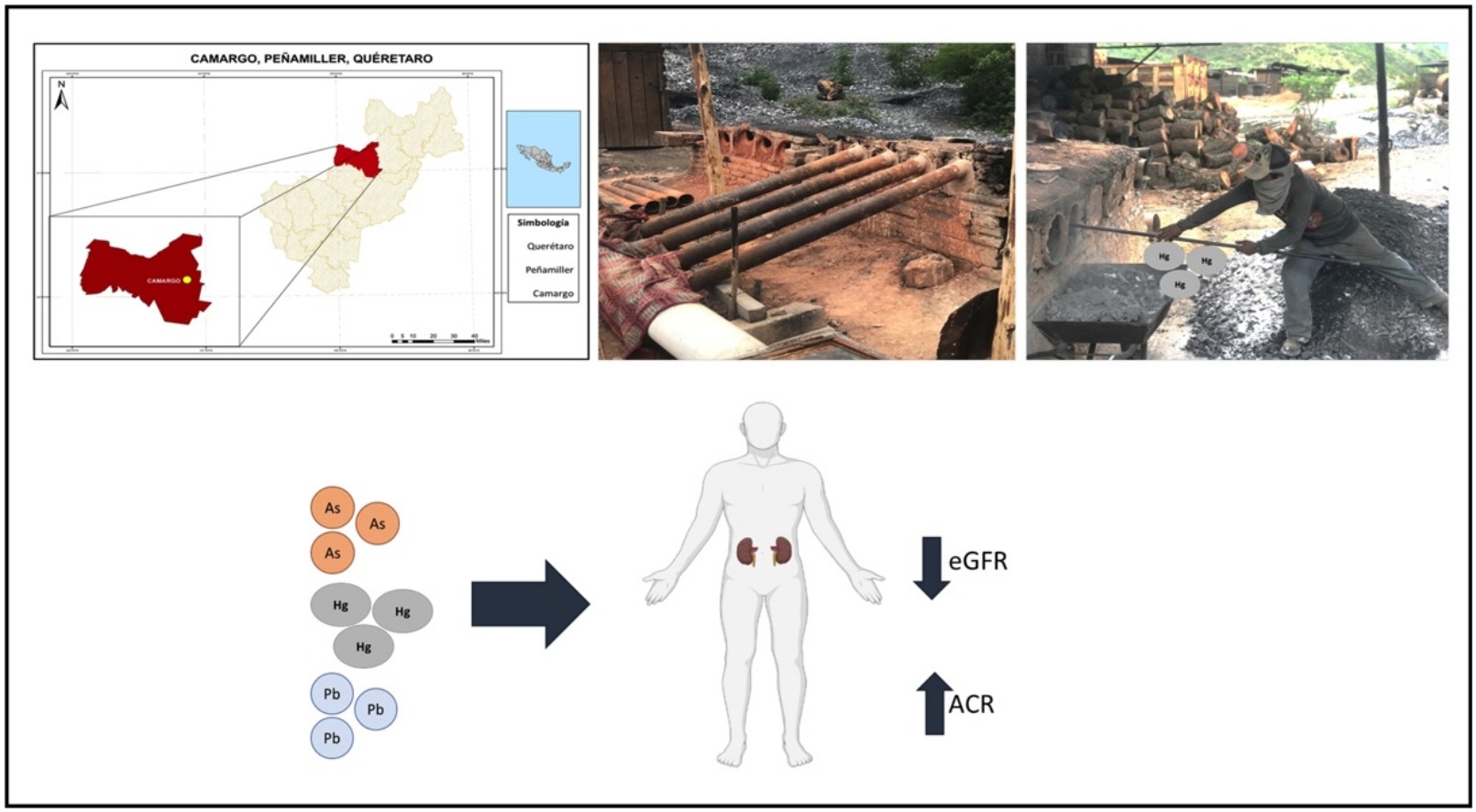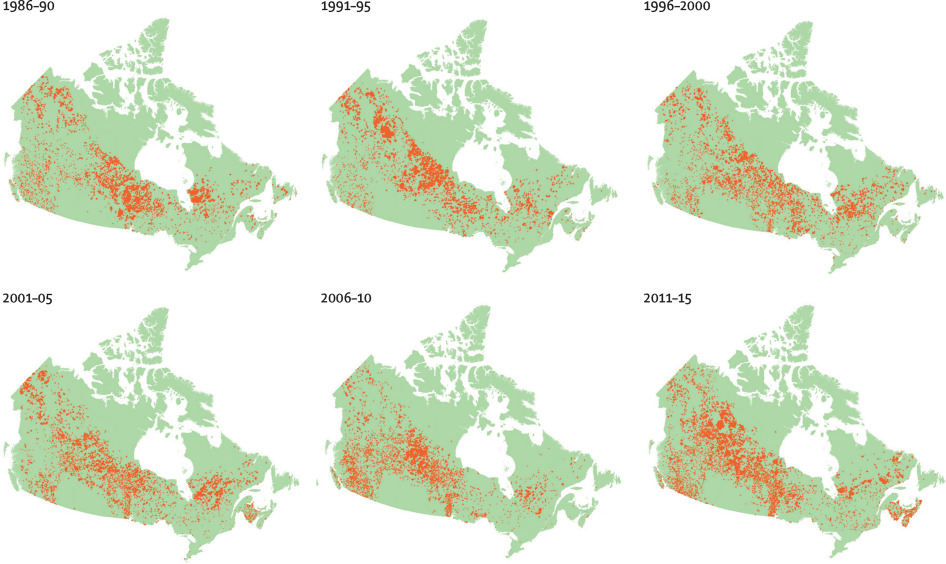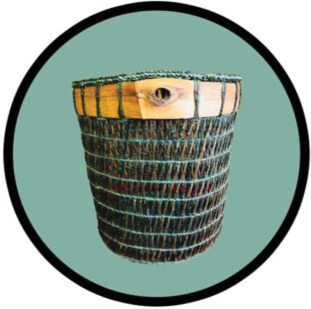Neurobiology of Brain Disorders (Second Edition), Biological Basis of Neurological and Psychiatric Disorders, 2022, Pages 313-336
This book chapter advances SDG #3 and #10 by reviewing several key topics that influence our understanding of pathogenic mechanisms and lead to the identification of novel therapeutic strategies. These include the diagnostic spectrum of MCI and AD, genetic risk alleles associated with late-onset AD, structures of gamma-secretase and tau, imaging and fluid biomarkers, the role of microglia and neuroinflammation, and novel animal models of AD.
The objective of the study is to make visible the exposure to environmental contaminants and the health of workers in mercury mines in Mexico.
This is an article on the impact of residential exposure to wildfires and the incidence of various cancers, in the context of SDGs 3, 13, and 15, focusing on the need to develop exposure metrics to better estimate the chronic population health burden attributable to environmental pollutants emitted during wildfires.
This Article supports SDGs 3 and 6 by developing estimates of regulated metals in community water systems, which can be used in future studies, and by showing that there are significant sociodemographic inequalities in public water uranium concentrations.
This Article supports SDGs 3 and 16 by quantifying mortality risk after a dementia diagnosis, focusing specifically on differences across race and ethnicity. The authors discuss the implications for financial and health services planning, as well as quality of life.
This paper concludes that the LC (Learning Circle) approach is an inclusive and respectful way of engaging community and promoting local and traditional foods, knowledge, and practices among Indigenous youth in rural and remote locations.
This Viewpoint supports SDGs 3 and 16 by highlighting how mass incarceration contributes to structural racism and discussing how this exacerbates health inequalities. The authors focus on the COVID-19 pandemic as an example.
The ongoing novel coronavirus (COVID-19) pandemic has highlighted the need for individuals to have easy access to healthcare facilities for treatment as well as vaccinations. The surge in COVID-19 hospitalizations during 2020 also underscored the fact that accessibility to nearby hospitals for testing, treatment and vaccination sites is crucial for patients with fever or respiratory symptoms. Although necessary, quantifying healthcare access is challenging as it depends on a complex interaction between underlying socioeconomic and physical factors.
Health care providers and technology companies may consider forming health equity advisory algorithmic stewardship committees that can provide oversight and evaluate the design and implementation of real-world AI/ML solutions.
Nanomedical Drug Delivery for Neurodegenerative Diseases, 2022, Pages 17-39
This book chapter advances SDG #3 and #10 by presenting drug delivery systems based on nanotechnology to treat Alzheimer’s disease.



